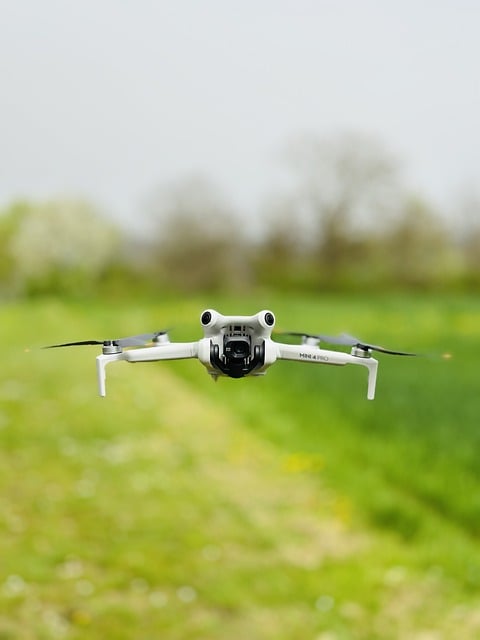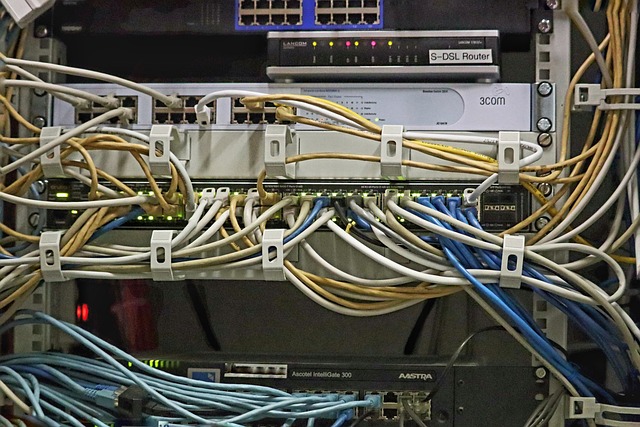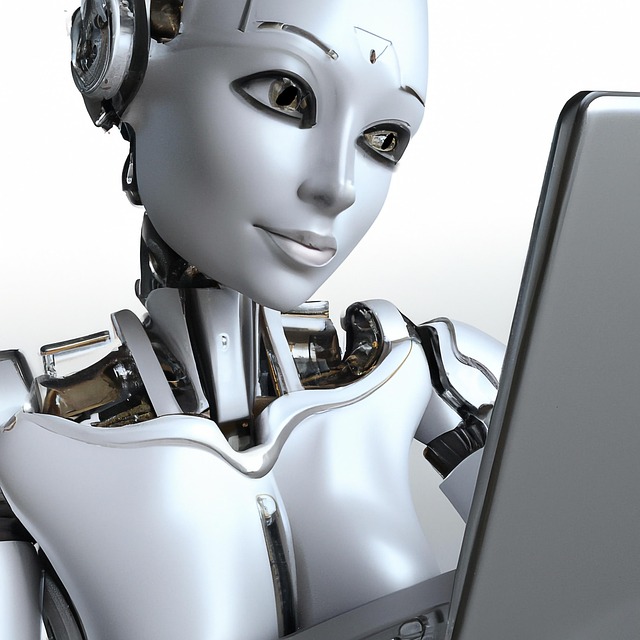# AI-Powered Solutions: How Technology is Reshaping Industries and Enhancing Everyday Experiences
Artificial Intelligence (AI) has emerged as a transformative force across various sectors, revolutionizing the way businesses operate and individuals experience daily life. The rapid advancements in AI technology have not only streamlined processes but also introduced innovative solutions that enhance productivity, efficiency, and personalization. This article delves into the multifaceted impact of AI-powered solutions, exploring their implications in industries such as healthcare, finance, and retail, while also examining how they improve everyday experiences for consumers.
## Transforming Healthcare Through AI Innovations
In the realm of healthcare, AI is playing a pivotal role in improving patient outcomes and optimizing operational efficiencies. By leveraging machine learning algorithms and data analytics, healthcare providers can now analyze vast amounts of patient data to identify patterns and predict health risks. For instance, AI-driven diagnostic tools can assess medical images with remarkable accuracy, aiding radiologists in detecting anomalies such as tumors or fractures that may be missed by the human eye.
Moreover, personalized medicine has gained traction due to AI’s ability to tailor treatments based on individual genetic profiles. This advancement not only enhances the effectiveness of therapies but also minimizes adverse effects, leading to better patient satisfaction. Furthermore, AI-powered chatbots and virtual health assistants are transforming the patient experience by providing 24/7 support, answering queries, and scheduling appointments, thus reducing the administrative burden on healthcare professionals.
Equally important is the role of AI in drug discovery and development. Traditional methods can take years and require substantial financial investment. However, AI algorithms can analyze existing compounds and predict their efficacy, significantly accelerating the research process. As a result, pharmaceutical companies are increasingly turning to AI to bring new drugs to market faster and more cost-effectively.
## Revolutionizing Finance with AI Technologies
The financial sector is witnessing a seismic shift due to the integration of AI technologies. Risk assessment and fraud detection have become more sophisticated, with AI systems capable of analyzing transaction patterns in real-time. Such capabilities enable financial institutions to identify suspicious activities and mitigate risks before they escalate into significant issues. Machine learning models can assess creditworthiness more accurately, ensuring that lending decisions are based on comprehensive data analysis rather than traditional metrics alone.
Investment management is another area where AI is making a significant impact. Robo-advisors, powered by AI algorithms, are democratizing access to investment opportunities by providing personalized portfolio management services at a fraction of the cost of human advisors. These platforms utilize data-driven insights to optimize asset allocation, making it easier for individuals to achieve their financial goals.
Additionally, customer service in finance is being transformed through AI-driven chatbots and virtual assistants. These tools can handle a multitude of inquiries simultaneously, providing customers with instant support and reducing wait times. Such advancements not only enhance customer satisfaction but also allow financial institutions to allocate resources more effectively, focusing human talent on complex issues that require emotional intelligence and nuanced understanding.
## Enhancing Everyday Experiences in Retail and Beyond
Retail is another industry experiencing a profound transformation due to AI. Personalized shopping experiences have become the norm, as AI algorithms analyze consumer behavior, preferences, and purchasing history to deliver tailored recommendations. This level of personalization not only increases customer satisfaction but also drives sales and brand loyalty. Retailers are utilizing AI to optimize inventory management, predicting demand trends and ensuring that popular products are always in stock.
In addition to personalized recommendations, AI is reshaping the way consumers interact with brands. Virtual fitting rooms and augmented reality applications allow customers to visualize products in their own environments before making a purchase. This technology enhances the shopping experience, reducing the likelihood of returns and increasing customer confidence in their buying decisions.
Furthermore, AI-powered solutions are extending beyond retail into everyday life. Smart home devices, equipped with AI capabilities, are becoming increasingly ubiquitous. From voice-activated assistants to intelligent thermostats, these devices learn user preferences and automate tasks, enhancing convenience and energy efficiency. The integration of AI into daily routines not only simplifies tasks but also provides users with more time to focus on what truly matters.
## Conclusion: Embracing the Future of AI-Powered Solutions
As industries continue to evolve, the role of AI-powered solutions will only become more pronounced. The implications of these technologies are vast, offering unprecedented opportunities for innovation and growth. While the benefits are clear, it is essential to approach the integration of AI with a sense of responsibility, ensuring ethical considerations are at the forefront of development and implementation.
The future promises a landscape where AI enhances not only business operations but also enriches everyday experiences. As organizations and consumers alike embrace these advancements, the potential for AI to reshape industries and improve lives is boundless. By harnessing the power of AI, we are not just witnessing a technological revolution; we are embarking on a journey toward a more efficient, personalized, and connected world.











